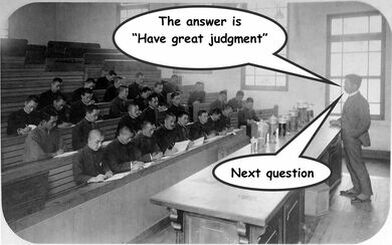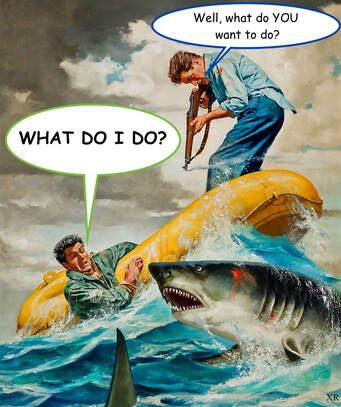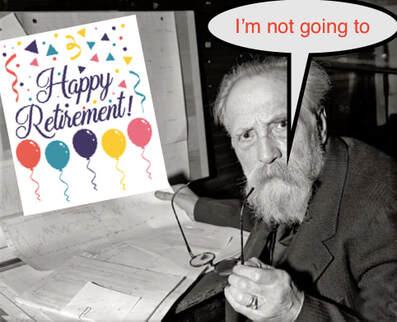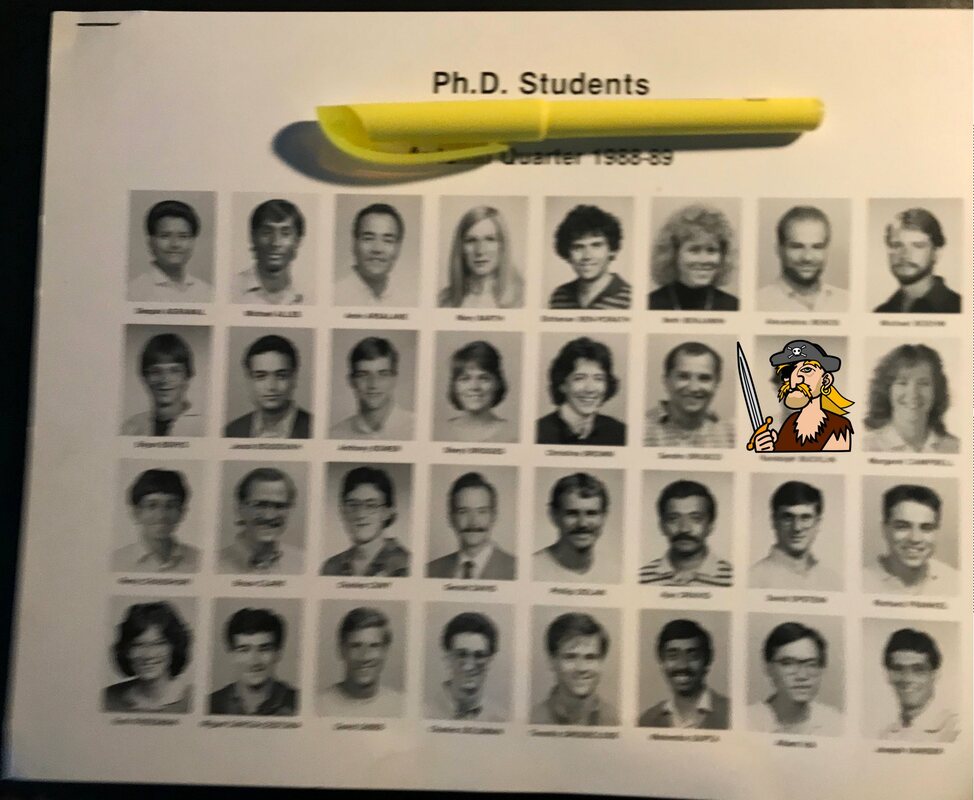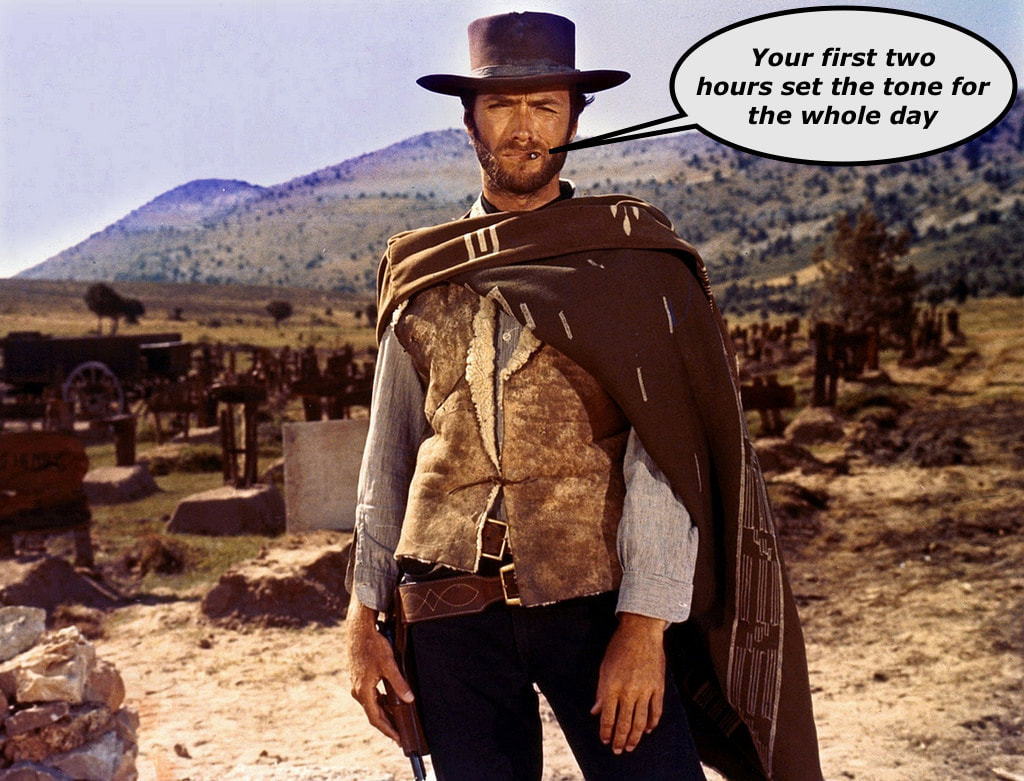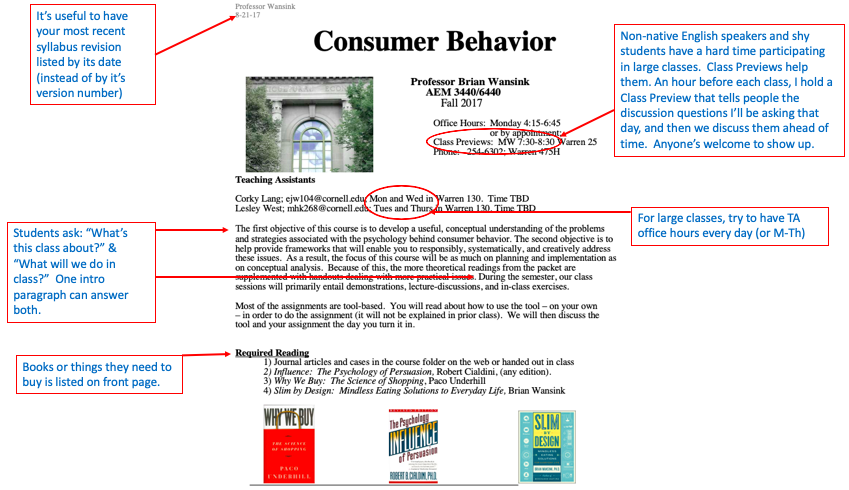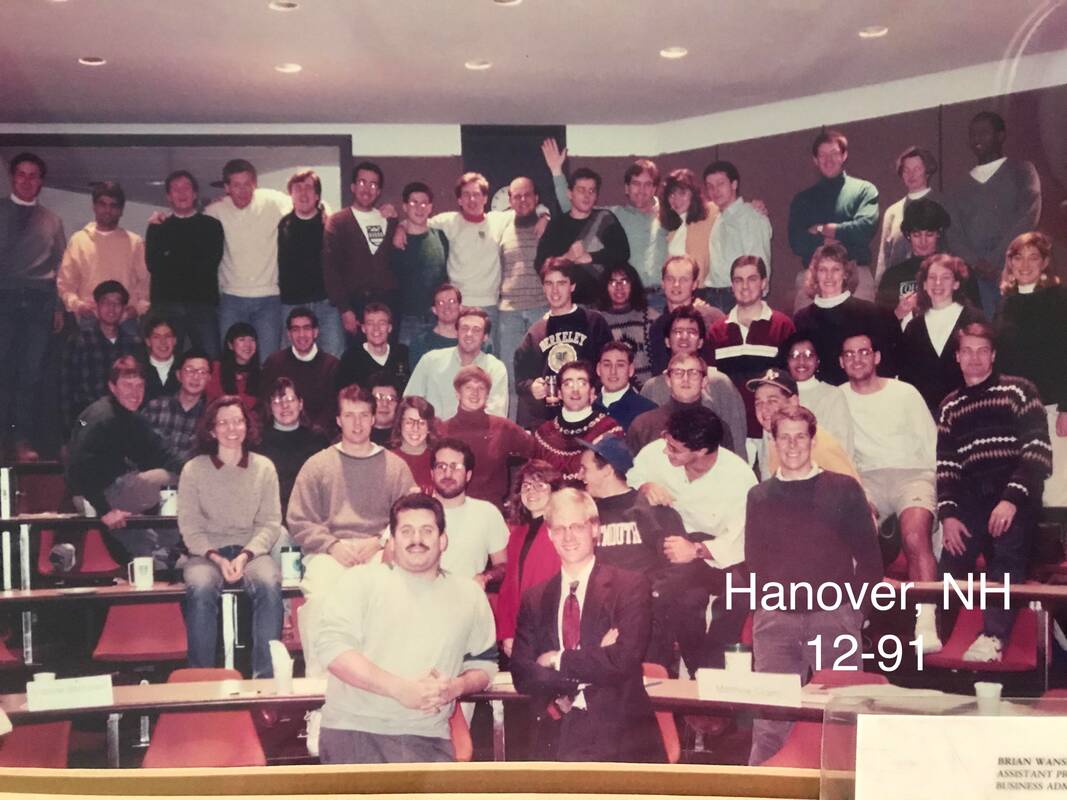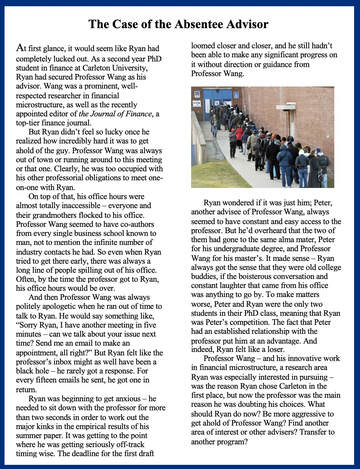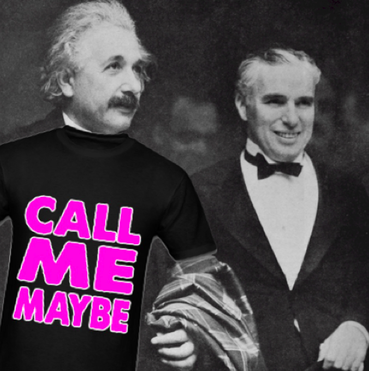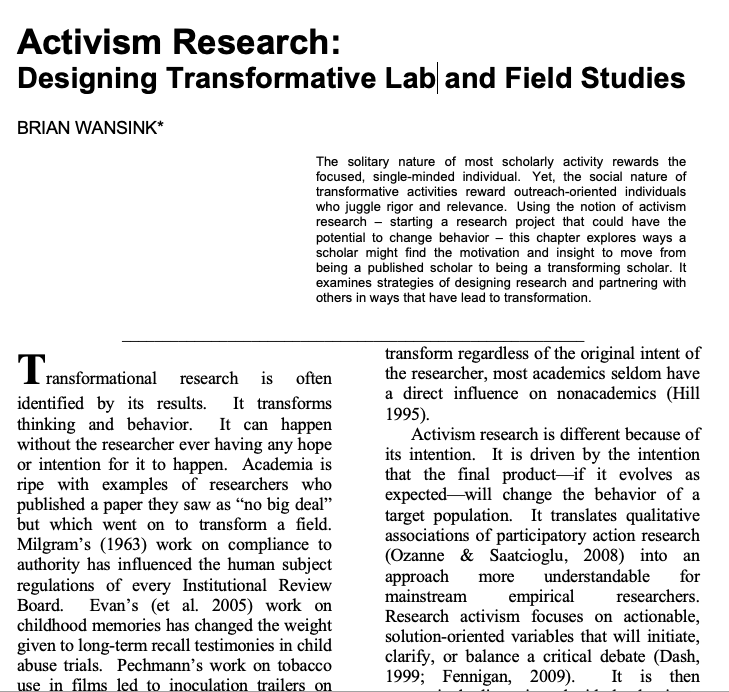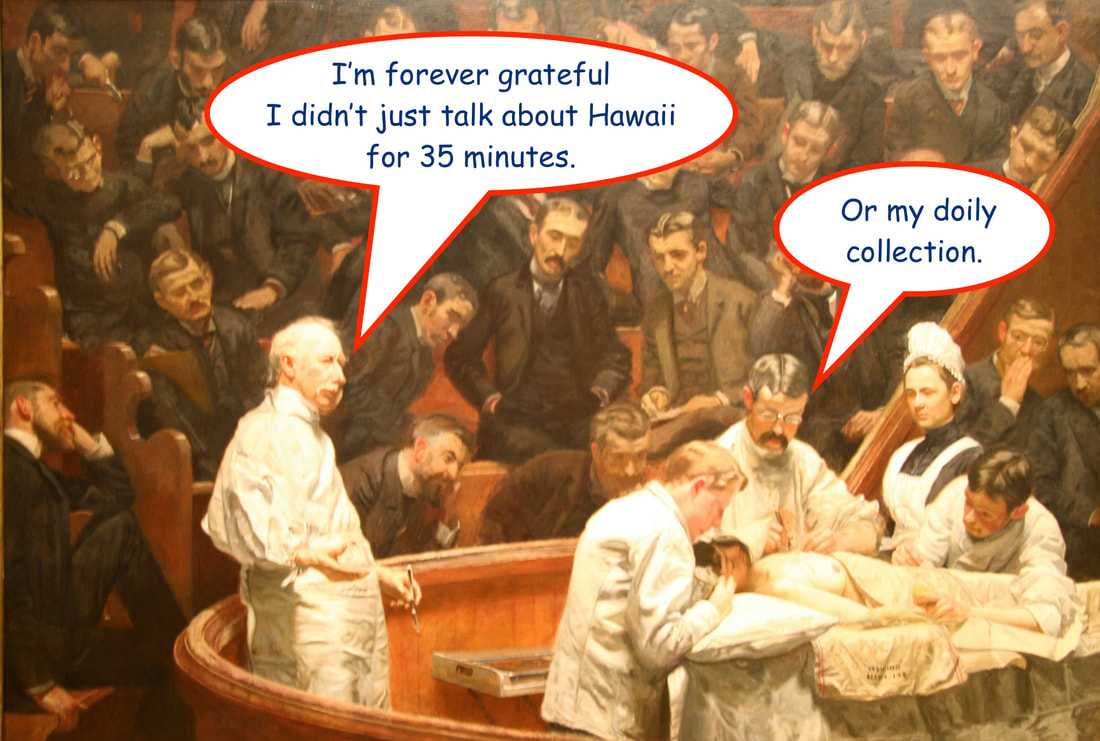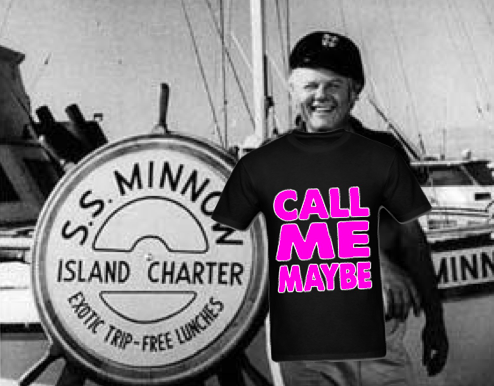|
Last night was Halloween. Taking my daughters and their friends Trick or Treating is pretty amusing. Since one of the couples from my Lab didn’t have plans, I asked if they wanted to join us in the 2-hour Viking-like pillage of the neighborhood. The woman showed up as a pink fluffy unicorn and her husband (a graduate student from another home department) showed up . . . as me.
This reminded me of grad student days. Even though I didn’t meet much with my advisor, I was really impacted by him. Not so much by how he did research (those days were past), but more by the way he viewed the world and the way he said things to me. Small example: When I was applying for jobs, he asked for a list of schools where I’d like to apply. When I showed up with my Top 30 list, he could have easily said, "Be realistic" or “Are you smoking crack again?” Instead, he said, “Let’s cast the net wider.” A subtle choice of words, but things like this must have made a difference. Here's why I say that. A couple years after I miraculously graduated, one of my PhD-school buddies visited me in New Hampshire for a long weekend. While visiting, he asked why I had replaced my broken-down grad school car with a different type of car that was just about as old. I said, “Because I really like the way it looks.” He then said, “Didn’t your advisor have the exact same car in that exact same color of white.” Why yes, he did. Hmmm . . . For Junior Faculty, it’s easy to develop tunnel vision that's only focused on your research. By doing so, we can overlook the legacy or long-term impact we will have on advisees, grad students, and teaching assistants. You can leave these students with a real gift, or you can leave them with a lump of coal. They may not remember the details of your theories, but they may remember how hopeful or excited you were about them or about the field. They might not remember any paper you published, but they may remember how you treated them when you were clearly distracted and stressed about something else. For Grad Students, don't worry about becoming the Mini-Me version of your advisor, but you might be influenced more by them than you realize. Fortunately, you can partly control this. First, you can have some control over who you have as an advisor or mentor. It might take some work to switch away from an abusive or disinterested advisor, but it can be done. Second, you can also choose what words from those encounters that you want to focus on, repeat to others, and replay over and over in your mind. "Let's cast the new wider" x 100 replays = Good. "Are you smoking crack?" x 100 replays = Bad. Last night was spooky Halloween. Today is saintly All Saints Day. No advisor or mentor is all spooky or all saintly. Fortunately, you can choose what you focus on. Choose carefully. You might end up with the same car they had. Comments are closed.
|
Welcome...Fun, useful, or wacky experiences about getting tenure, teaching better, publishing more, and having an incredibly rewarding career.
Categories
All
Some Blog ShortcutsArchives
September 2020
|


 RSS Feed
RSS Feed
